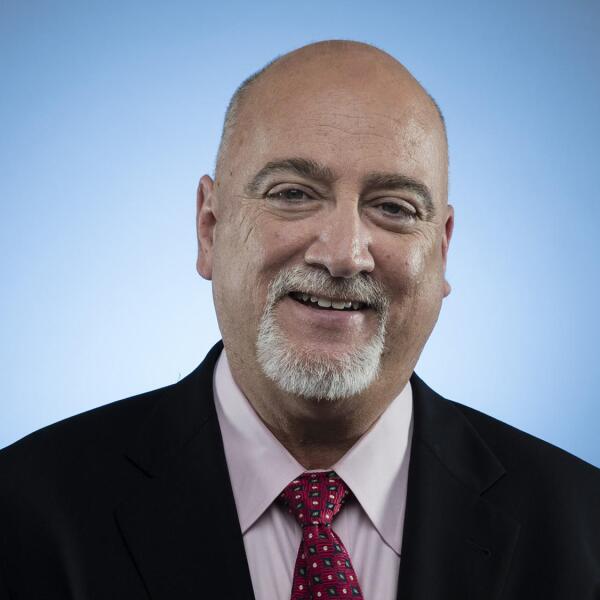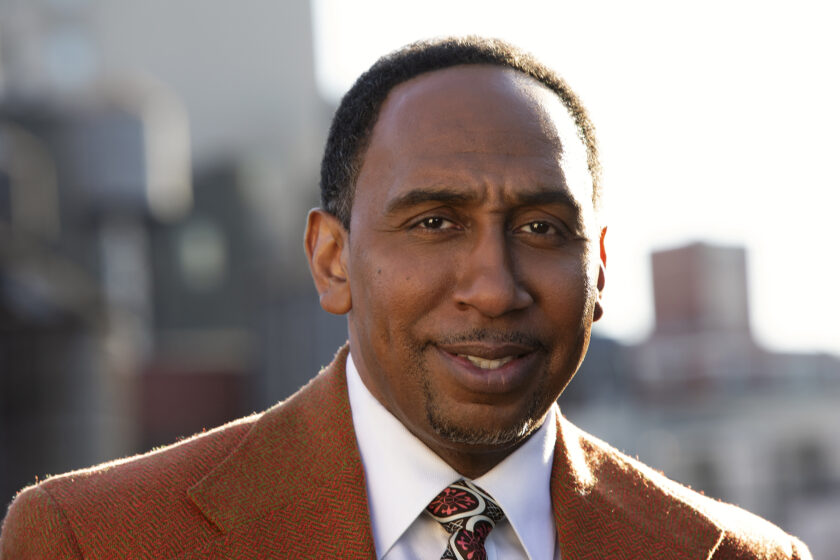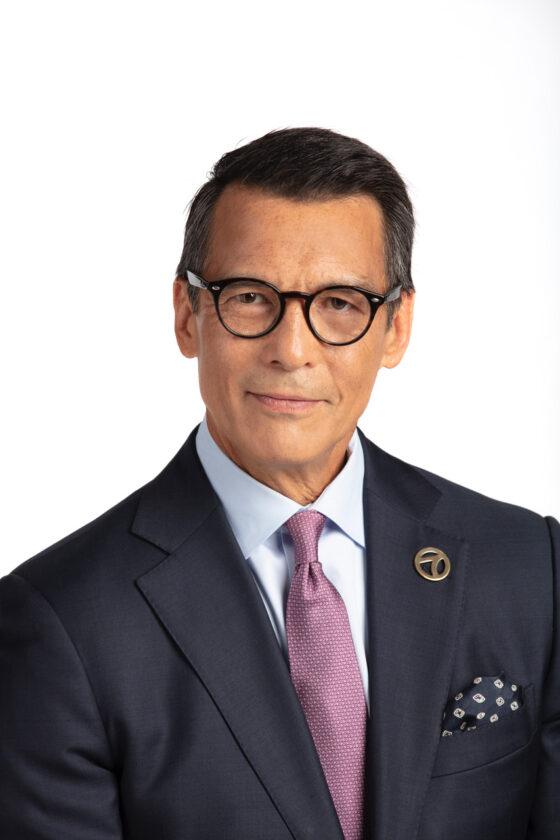Giving a Voice to Those Who Have None
Lifetime Achievement Award Winner Ann Curry Has Made a Career Out of Being Fair and Giving the World a Chance to Care
BY TED JOHNSON
PHOTOS COURTESY OF NBC NEWS
Ann Curry’s recent NBC News project, the digital documentary “Twitter Diplomacy,” was notable not only for the way it explored social media’s role in easing tensions between the U.S. and Iran, but in the behind-the-scenes access she and her team were granted on both sides of the negotiations.
Curry, the recipient of this year’s Joseph M. Quinn Award for Lifetime Achievement, has had a distinguished career trekking to places such as Sudan, Serbia, Haiti and Congo, capturing the stories of people swept up in conflict and disaster. At the same time, as in “Twitter Diplomacy,” she has secured challenging interviews with such figures as then-Iranian President Mahmoud Ahmadinejad in 2011; Pakistani President Asif Ali Zardari, in his first interview with an American news organization in 2011; and Sudanese President Omar al-Bashir in 2007.
The latter interview which lasted two hours came just as international attention and pressure was increasing on Sudan over the ethnic cleansing in the Darfur region.
“There is no failsafe way to secure tough interviews, but it does help a great deal if you are seen as fair,” says Curry, NBC News’ national and international correspondent and a “Today” anchor-at-large, via e-mail. “People are generally willing and sometimes, even eager to face hard questions. But they will only talk to you if they feel they can trust you not to misrepresent their answers.”
Curry interviewed the Dalai Lama three times, and interviewed Pakistan Prime Minister Benazir Bhutto just two months before her assassination in 2007. Her favorite interview, she says, was with Maya Angelou in 2002, in which the author and poet, who recently passed away, said, “It takes courage to be kind.”
“What she said in our interview was extraordinary and life-changing,” Curry says. “Her wish was simply to illuminate. You felt she had no other agenda. It was a rare thing to sit with such hard-won wisdom.”
Curry was born to an enlisted Navy man, Bob Curry, and Hiroe Nagase, the daughter of a Japanese rice farmer. They met when Bob was stationed in Japan during the Allied occupation after World War II. Ann was the first of five children, and the family moved often, retired in Ashland, Ore.
As Curry recounted, her parents faced big challenges in their lives: Her mother survived bombing raids and starvation, and endured racism when she was in the U.S. Her father raised the family on a modest salary, but would tell Ann, “Trials and tribulations make you stronger.”
Curry attended high school in Ashland and graduated from the University of Oregon with a degree in journalism in 1978. She got an internship at KTVL-TV, and later became that station’s first female reporter. She moved on to Portland before landing in Los Angeles in 1984. Working for KCBS-TV, she won Emmys for her coverage of the 1987 Whittier earthquake and another for covering the explosion of a gas pipeline in San Bernardino.
She joined NBC News in 1990, first as Chicago correspondent and later as anchor of “NBC News at Sunrise.” She became news anchor on “Today” in 1997, serving in that post for 14 years.
During that period she earned a reputation for reporting from some of the world’s hotspots, including Baghdad in the weeks leading up to the war in Iraq. She has written that she was “drawn to telling stories of people who otherwise might not be heard.” She travelled to Sudan three times from 2006 to 2007 to report on the crisis in Darfur and Chad, focusing on the victims caught up in the conflict. She won an Emmy for her cover- age, but her reports also were recognized for elevating attention to the crisis.
“Our Darfur reporting resonated because it gave voice to people, particularly women, who had none,” she says. “There was a kind of preciousness in listening to their deeply personal experiences. You felt glued to the TV, because it was hard not to realize how rare and unlikely it was to hear from people who had survived genocide. Perhaps our attention was drawn to the crisis because of the outrage we felt. In Darfur, we saw ourselves.”
She travelled to the region several more times. In Guideposts magazine, Curry wrote, “Your knowing about what’s happening in the rest of the world gives you a chance to care, and it is that empathy that offers the greatest hope.”
That is a different outlook in a business often seen as a profession of cynics, but it also highlights the power of the media to make an impact.



